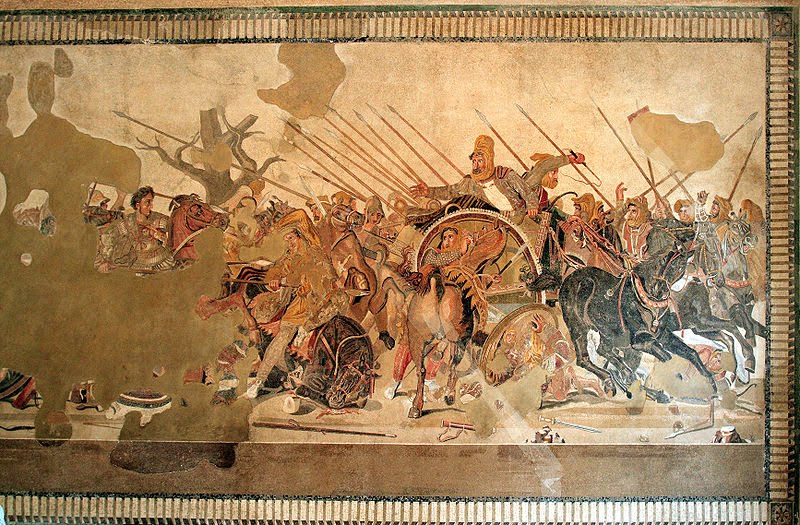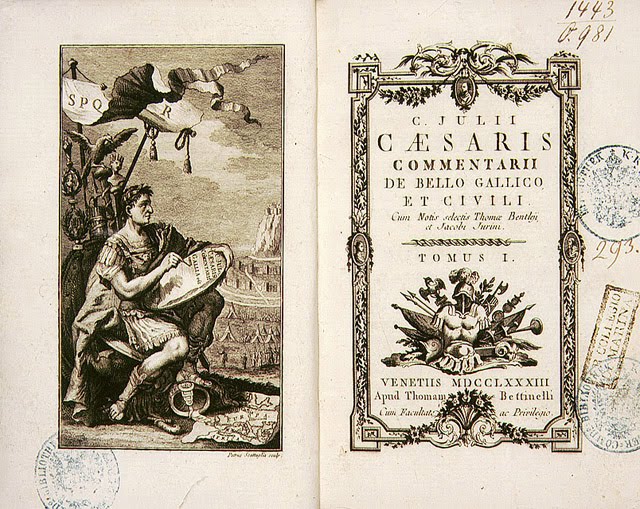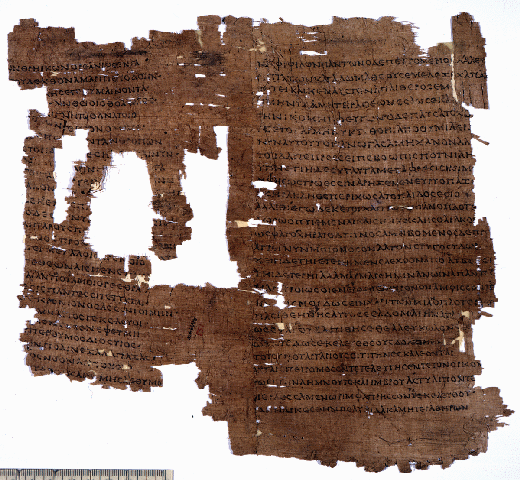І. Превод
Понякога хората имат най-голяма нужда от ветрове; а понякога от небесни води, дъждовни деца на облака. Ако пък някой успява с труд, меденозвучни химни стават начало на по-късни слова и истинно свидетелство за големи добродетели (1-6).
Тази реч, недосегаема за завист, се поднася на олимпийските победители. Тези слова нашият глас иска да поведе като стадо на паша; но пък човек цъфти и с помощта на мъдри съвети от бога. Знай сега, Агесидаме, Архестратов сине, че заради твоята победа в бокса (7-12)
ще вплета сладкопесенна украса във венеца от златна маслина като гледам към рода на зефирските Локри. Там елате на празненството, Музи; обещавам, че няма да се появи войска, която гони гостите, неопитна в красивото но храбра и твърде умна. Защото вродения нрав не ще изменят нито червената лисица, ни лъвовете гръмогласни (13-20).
ІІ. Други преводи
Sometimes have men most need of winds, sometimes of showered waters of
the firmament, the children of the cloud.
But when through his labour one fareth well, then are due honey-voiced
songs, be they even a prelude to words that shall come after, a pledge
confirmed by oath in honour of high excellence (1-6).
Ample is the glory stored for Olympian winners: thereof my shepherd
tongue is fain to keep some part in fold. But only by the help of God
is wisdom kept ever blooming in the soul.
Son of Archestratos, Agesidamos, know certainly that for thy boxing (7-12) I
will lay a glory of sweet strains upon thy crown of golden olive,
and will have in remembrance the race of the Lokrians' colony in the West.
There do ye, O Muses, join in the song of triumph: I pledge my word
that to no stranger-banishing folk shall ye come, nor unacquainted
with things noble, but of the highest in arts and valiant with the
spear. For neither tawny fox nor roaring lion may change his native
temper (13-20).
(E. Myers)
There is a time when men's need for winds is the greatest, and a time for waters from the sky, the rainy offspring of clouds. But when anyone is victorious through his toil, then honey-voiced odes become the foundation for future fame, and a faithful pledge for great deeds of excellence (1-6).
This praise is dedicated to Olympian victors, without stint. My tongue wants to foster such themes; but it is by the gift of a god that a man flourishes with a skillful mind, as with anything else. For the present rest assured, Hagesidamus son of Archestratus: for the sake of your boxing victory (7-12),
I shall loudly sing a sweet song, an adornment for your garland of golden olive, while I honor the race of the Western Locrians. There, Muses, join in the victory-song; I shall pledge my word to you that we will find there a race that does not repel the stranger, or is inexperienced in fine deeds, but one that is wise and warlike too. For neither the fiery fox nor loud-roaring lions change their nature (13-20).
(B. L. Gildersleeve)
About the Latin Academy in the Vatican
13 years ago











No comments:
Post a Comment